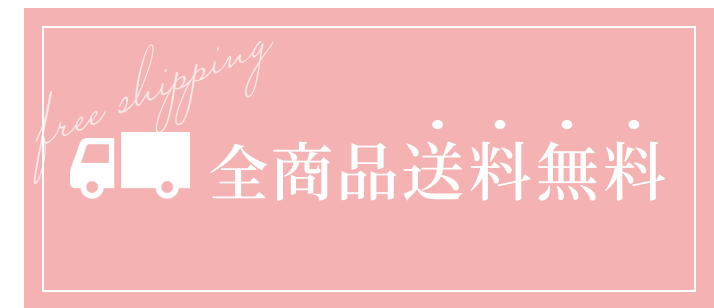What is the special feature of Koesamu's rose hips?
Koesam places great importance on safety , and based on that foundation, they are committed to cultivating high-quality varieties and well-managed farms , cultivating organic rose hips .
These products, which are manufactured with a focus on the three points of "safety," "nutrition," and "deliciousness," are now exported to over 30 countries around the world and have received high praise .
Variety
Rose hips are originally wild roses that grow in the foothills of the Andes in Chile.
Coesam conducted research with the Chilean government and Chilean universities on rose hips, which have long been used as a secret medicine, and succeeded in selecting a highly nutritious variety, which they named "AP4."
·farm
Koesam grows the AP4 variety from seedlings on its own dedicated farm .
Cultivation
The cultivation method begins in a greenhouse and goes through many steps to grow the rose hips into mature trees .
·harvest
We have imported machinery from Germany to harvest the ripest rose hips, allowing us to harvest the most nutritious rose hips .
■ What is organic?
Organic farming means organic cultivation.
What is organic farming?
1. Pesticide-free (no pesticides used)
2. No chemical fertilizers (no chemical fertilizers used)
3. If you use fertilizer, use only organic fertilizer.
These three points are the basic conditions.
The Organic JAS mark is proof that the food is organic and has been produced in accordance with strict production standards.
Registered certification organizations inspect to ensure that production complies with the JAS organic food standards, and only certified businesses can affix the JAS organic mark.
What is the definition of the JAS standard?
During cultivation, the use of synthetic chemical pesticides and chemical fertilizers is prohibited (however, the use of designated natural pesticides is permitted).
This does not mean that it is not used just for the year of cultivation.
There is no point in having pesticides or chemical fertilizers remaining in the soil, so the condition is that they must not be used for two years prior to sowing or planting annual crops such as rice and vegetables, and for three years prior to sowing or planting perennial crops.
In addition, no genetic engineering techniques are used.
Organic farming must be certified by a certification body approved by the Ministry of Agriculture, Forestry and Fisheries.
Audits are conducted at the time of application and every year after certification, and penalties are applied in the event of any violations.
Only producers who have received this certification are allowed to sell their products with the labels "organic agricultural products," "organically grown," or "organic XX" and the JAS mark.
Therefore, products labeled as "organically grown" have been checked by a third party, are grown using a trustworthy method, and can be said to be the safest.
In addition to the above basic requirements, to obtain international organic certification ,
1. Quality and supply volume are not affected by factors such as a decline in soil fertility due to continuous cropping or weather conditions.
2. When using horse manure or chicken manure, no precious metals are contained in the sewage treatment agent (even organic fertilizers must be checked for safety).
3. Cultivation does not destroy the environment
4. Working conditions are strictly adhered to
5. Fully equipped with hygiene management facilities
6. The above-mentioned matters are managed by manual.
If the above conditions are not met , the JAS Organic Mark cannot be used in Japan. Of course, the word "organic" cannot be used. We have cleared all of these conditions and obtained an organic certification .
It is also certified by IMO, the Swiss organic certification body , and is also USDA certified in the United States .



